IEA Deep Test 2022
Founded in 1974, the International Energy Agency (IEA) regularly conducts in-depth peer reviews of the energy policies of its member countries. This is intended to promote the development of national energy policies, as well as the exchange of international best practices and experience. As a founding member of the IEA, Switzerland also undergoes an in-depth review of its energy policy every four years. A delegation of international experts conducted this review from November 22 to 28, 2022 in Ittigen near Bern.
In the run-up to the audit week, the Swiss Federal Office of Energy (SFOE) had to prepare a report that examined the energy policy in all its facets. The questionnaire that the IEA sends to member states for this report is divided into eleven chapters, ranging from "General Energy Policy" to more specific topics such as gas supply and production. In Switzerland, the SFOE prepares this report in each case in collaboration with all the stakeholders concerned, such as energy companies and environmental associations.
The last in-depth review in Switzerland was in 2018, and the IEA came to the following conclusions: Switzerland has the lowest carbon intensity of all IEA countries, mainly due to the carbon-free power sector. The electricity sector is dominated by nuclear and hydropower generation. Following the Swiss people's 2017 decision to gradually phase out nuclear power, the Swiss power sector is undergoing a profound transformation. Closing the gap left by the nuclear phase-out while maintaining renewable power generation and a high level of supply security is one of the challenges that Switzerland must address in its long-term energy strategy.
In its study four years ago, the IEA focused on electricity market design and climate policy for the post-2020 period, recommending that the new energy strategy require Switzerland to open its electricity market and fully integrate with the European electricity market to meet future energy needs. The IEA encouraged the Swiss government to bring the ongoing negotiations with the European Union on an electricity agreement to a successful conclusion.
The results of the current in-depth review will not be available for several months. Lukas Gutzwiller, Energy Supply and Monitoring Specialist has already co-coordinated the third in-depth review on the part of Switzerland in 2022. Energeiaplus asked him how the process has changed in recent years.
Lukas Gutzwiller: Ten years ago, the focus was on phasing out nuclear energy. Now, the lack of an electricity agreement and relations with the EU are the main topics. The Ukraine crisis shows how important regulated relations with neighboring countries are when it comes to security of supply
The whole process became even more intense over the years, also thanks to the possibility of hybrid meetings. Industry and external stakeholders are also very motivated to participate because they are aware of the urgency of the solutions.
Energeiaplus: On Monday, November 28, the experts presented the first results of the in-depth review. Can anything already be deduced from this for the final report?
Yes, the experts think it is important for Switzerland to improve its relations with the EU and to put them on a solid legal footing. In part, they were not aware that we have been negotiating in the electricity sector since 2007. During this time, more and more demands from the EU have come to Switzerland, such as the automatic adoption of law and a common court. The IEA experts were surprised that no solution has been found so far
Furthermore, the experts were also struck by how lengthy and complex the approval procedures for renewable electricity production projects are. At the same time, they were impressed by our system of direct democracy, in which the people always have the last word.
Energeiaplus: The experts have now returned to their home countries. What will the subsequent process look like? When can Switzerland expect the finalized report?
The report is now being revised and is expected to be approved for publication at an IEA meeting in June 2023.
Florin Konrad, University Intern Media & Politics, Swiss Federal Office of Energy
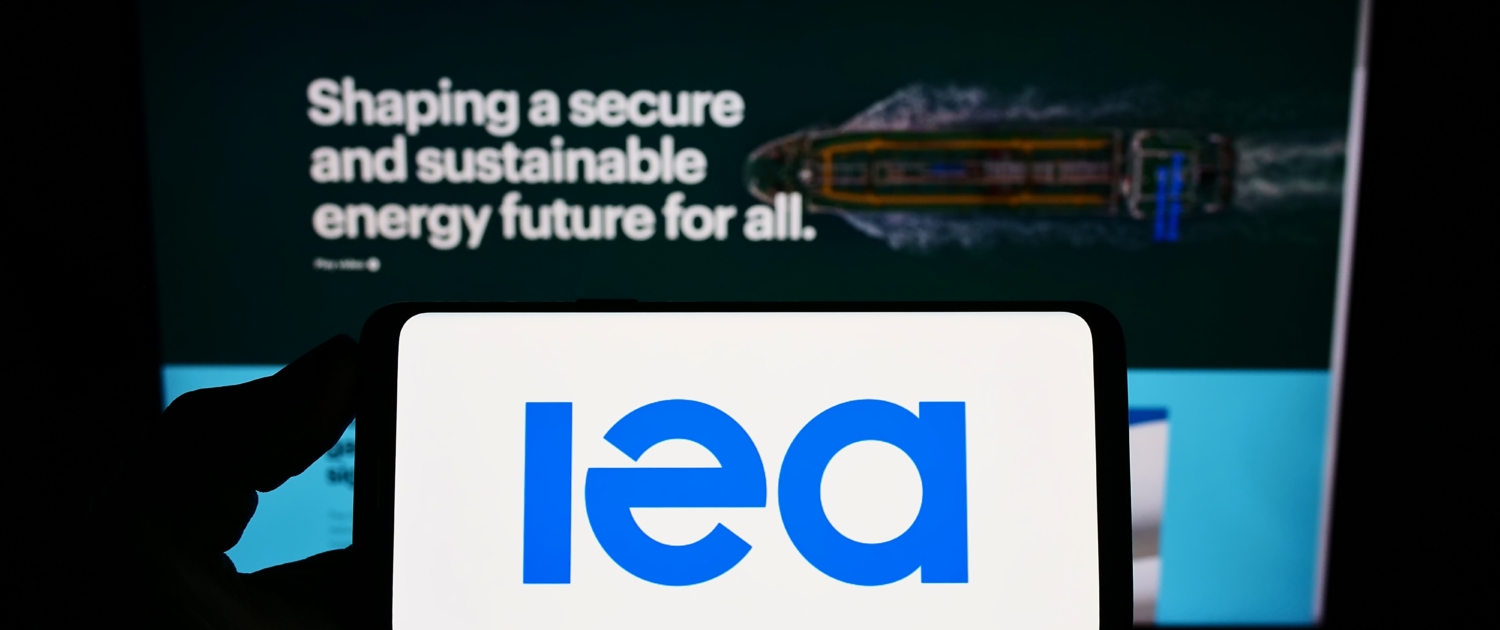 shutterstock
shutterstock
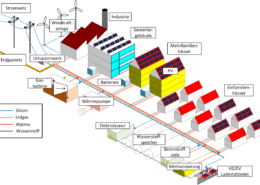 P. Murray, EmpaEnergieinnovationen brauchen Investitionen – 7 Jahre Energieforschung für die Schweiz
P. Murray, EmpaEnergieinnovationen brauchen Investitionen – 7 Jahre Energieforschung für die Schweiz 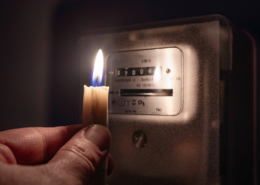 shutterstockRisikovorsorge der Schweiz für Strom: Neuer Bericht publiziert
shutterstockRisikovorsorge der Schweiz für Strom: Neuer Bericht publiziert 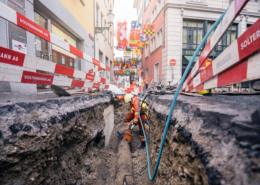 Daniel Hager PhotographyDie Zukunft der Gasnetze in den Gemeinden
Daniel Hager PhotographyDie Zukunft der Gasnetze in den Gemeinden 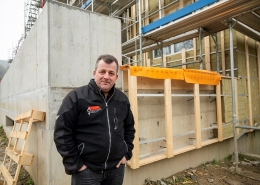 @Fluxif (Gerry Nitsch) / Das GebäudeprogrammInnovatives KMU: Wie Streule und Alder Energie und CO2 einsparen hilft
@Fluxif (Gerry Nitsch) / Das GebäudeprogrammInnovatives KMU: Wie Streule und Alder Energie und CO2 einsparen hilft 
 BFE Clemens Bolli
BFE Clemens Bolli Giovanni Pirajno
Giovanni Pirajno
Neuste Kommentare